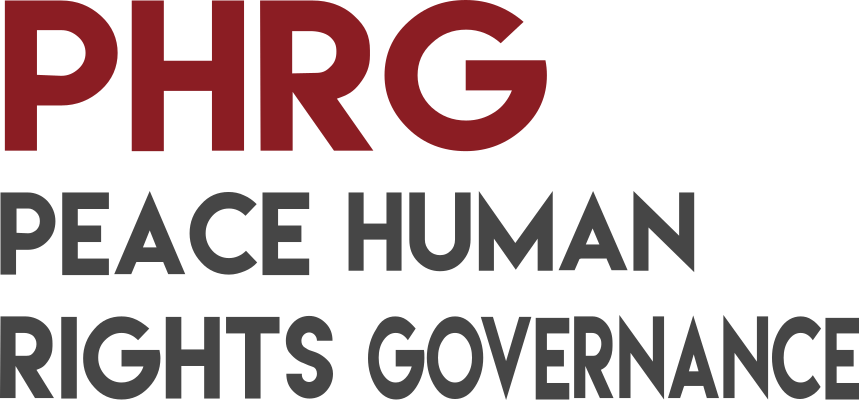Abstract
The present paper examines the use of satellite data as evidence in legal proceedings before international courts, with a particular focus on human rights cases. The first part of the paper analyses applicable law and provides an overview of international case law up to date, taking into consideration the jurisprudence of the International Court of Justice (ICJ), the International Tribunal for the Law of the Sea (ITLOS), and the International Criminal Court (ICC), and highlighting general merits and shortcomings of this issue. The second part shows that even human rights courts are starting to deal with satellite evidence, among them the European Court of Human Rights (ECtHR) plays a prominent role. Some recent decisions rendered by it are analysed, underlying the specific value of satellite evidence in human rights cases, and taking into account some potential conflicts that may arise with human rights. In contributing to the research on the special relation between space law and human rights, the paper shows that the role of human rights courts in this context is twofold. While admitting satellite evidence in proceedings before them, human rights courts contribute to the confirmation of this kind of information as valid means of proof, although its probative value is to be assessed on a case-by-case basis. Additionally, these courts are best placed to rule on the compatibility of these means of proof with some fundamental human rights such as the right to privacy and also the freedom of information.
Keywords
Download
Candelmo C., Nardone V. (2017) "Satellite Evidence in Human Rights Cases: Merits and Shortcomings
", Peace Human Rights Governance, 1(1), 87-113. DOI: 10.14658/PUPJ-PHRG-2017-1-5
Year of Publication
2017
Journal
Peace Human Rights Governance
Volume
1
Issue Number
1
Start Page
87
Last Page
113
Date Published
03/2017
ISSN Number
2532-3474
Serial Article Number
5
DOI
10.14658/PUPJ-PHRG-2017-1-5
Section
Articles

 © 2026 Padova University Press - Università degli Studi di Padova
© 2026 Padova University Press - Università degli Studi di Padova